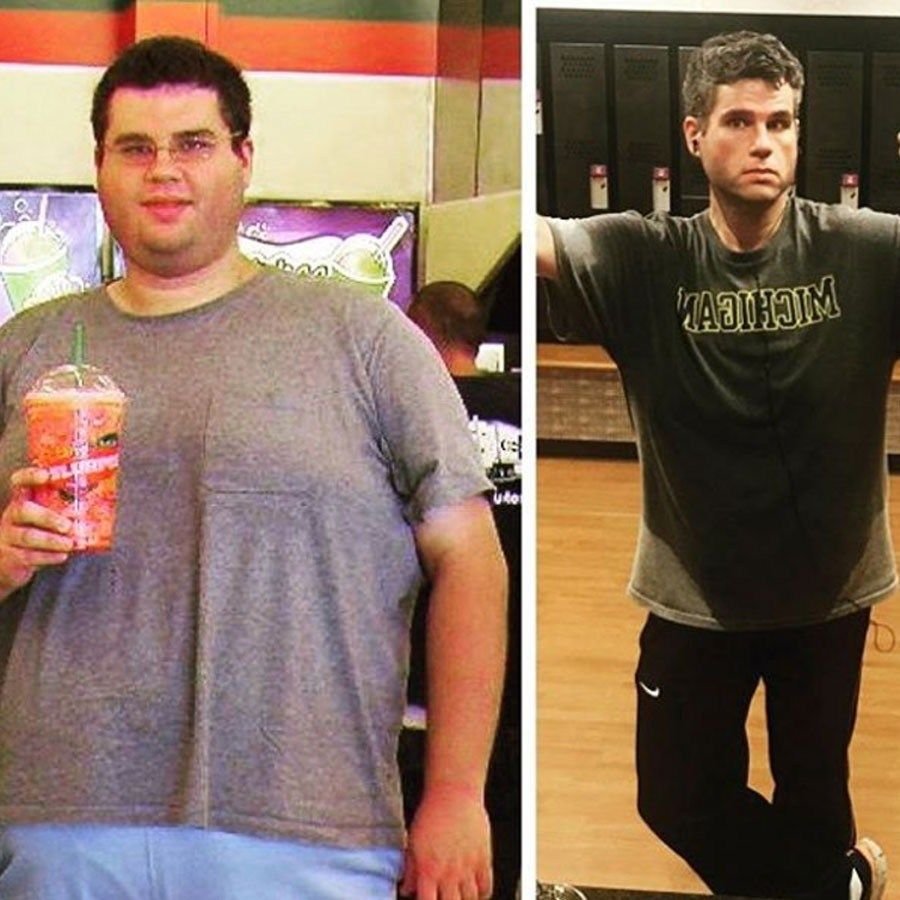Have you ever pondered the reasons why some individuals are able to lose weight and keep it off, while others, despite several tries, are unable to do so? I, too, have often wondered about this. This book aims to answer that question. The author, a physician and inspiring speaker who has obviously worked with countless clients on weight reduction, outlined the 8 reasons why some individuals are able to keep the weight off for good.
Her premise is straightforward. If we study famous people for information on how to become famous, rich people t learn how manage their money, and organized individuals to learn how to manage time, then why don’t we study slim people to discover how to maintain a healthy weight? These are the ones that consistently choose for the healthier options. People who maintain a healthy weight do so by making decisions that support their beliefs and help them achieve their objectives. The author’s idea is that research into these actions might help us better understand how to aid others who are also suffering. This method seems like a welcome change from yet another diet book.
The book is broken down into 8 “secrets” that one must learn in order to alter their perspective on eating, body size, and happiness. Several major ways of thinking and behaving need to be questioned. I consider the first secret to be among the most crucial since it addresses the issue of separating one’s identity from their actions. When you can do that, you can begin modifying your behavior without compromising who you are. The simple act of coming to that understanding may propel a person to the next phase of self-acceptance and development.
She also discusses the importance of understanding why you want to make a change, dividing the process of transformation into smaller, more manageable chunks, identifying and living in accordance with your core values, developing an increased awareness of your body’s signals, refusing to let setbacks deter you, and accepting responsibility for your actions.
Most of you don’t need this book to be told what to do since you already comprehend what to do. This is not just another diet book because of this. It’s meant to assist you in carrying out the action. That’s the most challenging aspect. The role of the mind is essential. We may spend all day discussing the benefits of healthy eating, but the real challenge lies in actually putting those principles into practice. How can we shift our attention away from our weight and toward our health and happiness? Applying these guidelines will lead you to success.

In general, I agree with the author completely. These facets are crucial because they provide the individual with the independence and potential for long-term transformation. It shifts the emphasis from what you eat to what drives you, what triggers you within, and WHY you want to make a difference. If you’ve been battling with yo-yo diets and emotions of failure, just realizing that it’s time to address those problems may be a huge step forward.
The one criticism I have is that each chapter is too brief, leaving further to be wished in terms of instruction and practical guidance for putting the theory into practice. To make ensuring you are implementing each step properly, I strongly advise you to seek the help of a Dietitian / health coach to go through this journey with you. The author also provides further resources and information on their website. Finding your genuine reasons or understanding why you want change might be challenging without the benefit of independent guidance. It may take a little while to rewire your brain to a fresh approach if you have been measuring your level of contentment on scales for many years. But without a doubt, you can do it with these suggestions and some assistance.
As an example from my own life, I can say that I am lucky enough to be a member of those persons who does not often worry about their weight. Unconsciously, while I was devouring this book, I was able to identify the many areas she outlines as techniques I use in controlling my own weight. I choose my dietary selections based on how they make me feel after eating. Working out keeps me going not because I want to lose weight but because I want to improve my emotional and physical well-being. Many of my driving forces and WHYs for doing what I decide to do are for factors other than weight loss, and I was able to realize that. I also know how my body responds to certain meals and how to interpret my own signals of hunger and fullness. I seldom eat more than I need, and I try to stay away from anything that would add extra pounds or make me feel sluggish. It’s inaccurate to say I never have bad eating days; however, when I do, I don’t beat myself up over it and instead get right back on track with my good habits. I don’t allow little things get me down. It was helpful to have these standards laid out in a clear and concise manner, since I had been following them rather unconsciously. As a practitioner, this will improve my ability to instruct others to do the same.